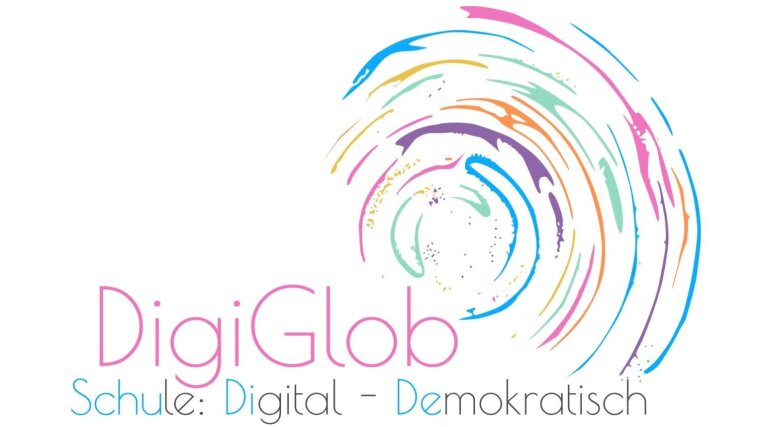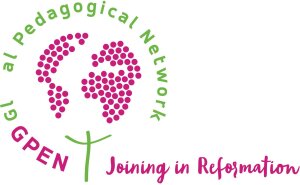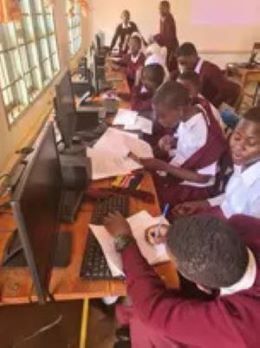Digitality as new framework and challenge for schooling
5 February 2025, 15:15 CET
During this webinar reflections on how digitalization changes the world and provides a new framework for learning and schooling. How this condition has been discussed at the GPEN conference in Koforidua will be shown by an introduction into the Koforidua statement on digital education in protestant schools. Finally we will have an outlook on main competences concerning sovereignty toward this change.
RegistrationExterner Link
Being a professional in the digitalized world
26 March 2025, 16:15 CET
Given the broad spectrum of understanding what digitalization is serving for in schools amidst advantages and limitations, this webinar explores the responsibilities of teachers and Principals. We will investigate into the role of teachers as guides and learners. Then we connect the reflections with the role of school leaders and the logic of digitalization in a school system. This will include the overarching ethical dimensions that seek to shape the digital culture in school, for which teachers and principals need a shared understanding.
Globalization and dealing with complexity: The example of the digital footprint
23 April 2025, 16:15 CET
Dealing with globalization has witnessed more complexity with the advent of digitalization. This webinar will open the discussion for this twist and further connect with the complex relationship between digitalization and ecology, largely through the notion of the digital footprint. The, we would deepen on the following thesis: (1) although digitization is essential for the development of modern societies, it has a significant ecological footprint; (2) if used responsibly, digitization can be a lever for ecological transition; (3) reducing the digital footprint requires joint action by businesses, governments and citizens who are educated to adopt more sustainable digital practices.
Digitalization for praxis in schools
21 May 2025, 16:15 CET
Despite the ambiguity of digitalization in human life, there still exist controversies in education. In this part, we will reflect how digitalization could look like in primary and secondary. The focus will be put on reflecting, via practical exercises, how digital competences can be developed both with and without digital tools.
Sustainability for actions – school partnership
18 June 2025, 16:15 CET
Digitalization allows to bring people together: We will have a look at chances, conditions and possibilities for school partnerships in the globalized word. Attention will be paid to digital support for communication and cooperation.



